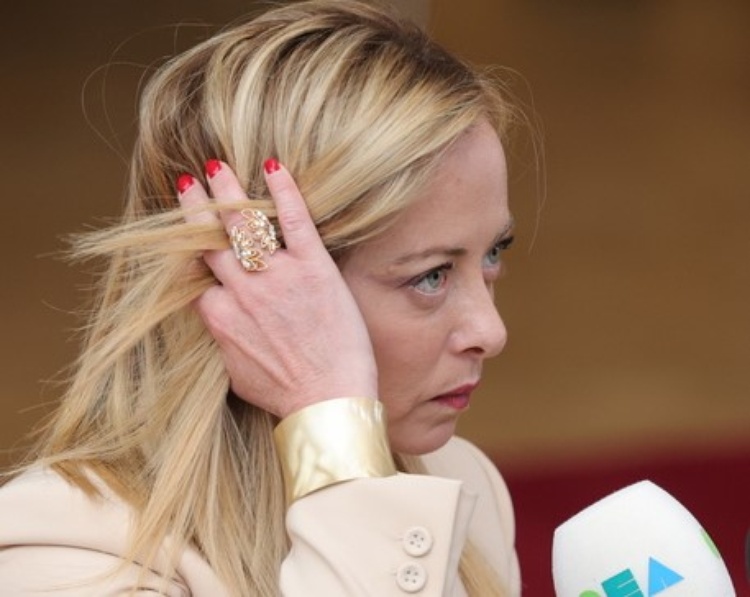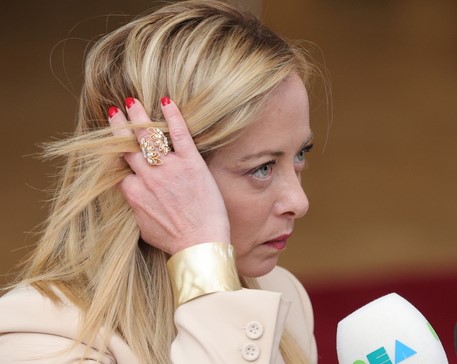Social media posters, unhappy at the government’s phase-out of the citizenship wage (RdC) minimum income benefit, posted that she would be well advised not to visit an area that holds the record for RdC recipients.
Meloni is visiting Caivano to show solidarity and follow up on government pledges to clean up the drug-filled streets after two young cousins, variously reported to range in age from 11 to 13, were allegedly raped by six youths last month.
Among the social media messages for the prime minister on Wednesday was from a woman in Naples who wrote: “I’d advise you stay at home, they’re raring mad, 160,000 families without the RdC and without any money to spend. Are you sure you’ll return home?”.
Another poster said local residents should “greet the fishwife Meloni with rotten tomatoes for having stripped the RdC from that bracket of people that lives precariously in those areas”.
Another said he hoped “you leave with a few dents so that you understand the trouble you’ve caused”.
Politicians voiced solidarity with the prime minister in response to the threats.
Centre-left opposition Democratic Pary (PD) leader Elly Schlein slammed the death threats on Wednesday.
“The death threats received via social media by Prime Minister Giorgia Meloni are not tolerable,” the head of the largest opposition group to Meloni’s right-wing government said.
“Messages of intimidation, incitement to hatred and violence must find no place in a democracy and will always find the strongest condemnation from the entire Democratic Party.”
Meloni on Wednesday thanked well-wishers who voiced sympathy for her regarding the ugly messages.
“I thank all those who have expressed their closeness regarding the threats received in view of my visit to Caivano,” she wrote on social media.
“The intimidation will not prevent our presence at the side of the many citizens who are demanding security and the possibility of a better future for their children.
“In the fight against organised crime, this government will not take any steps backwards.”
ANSA











